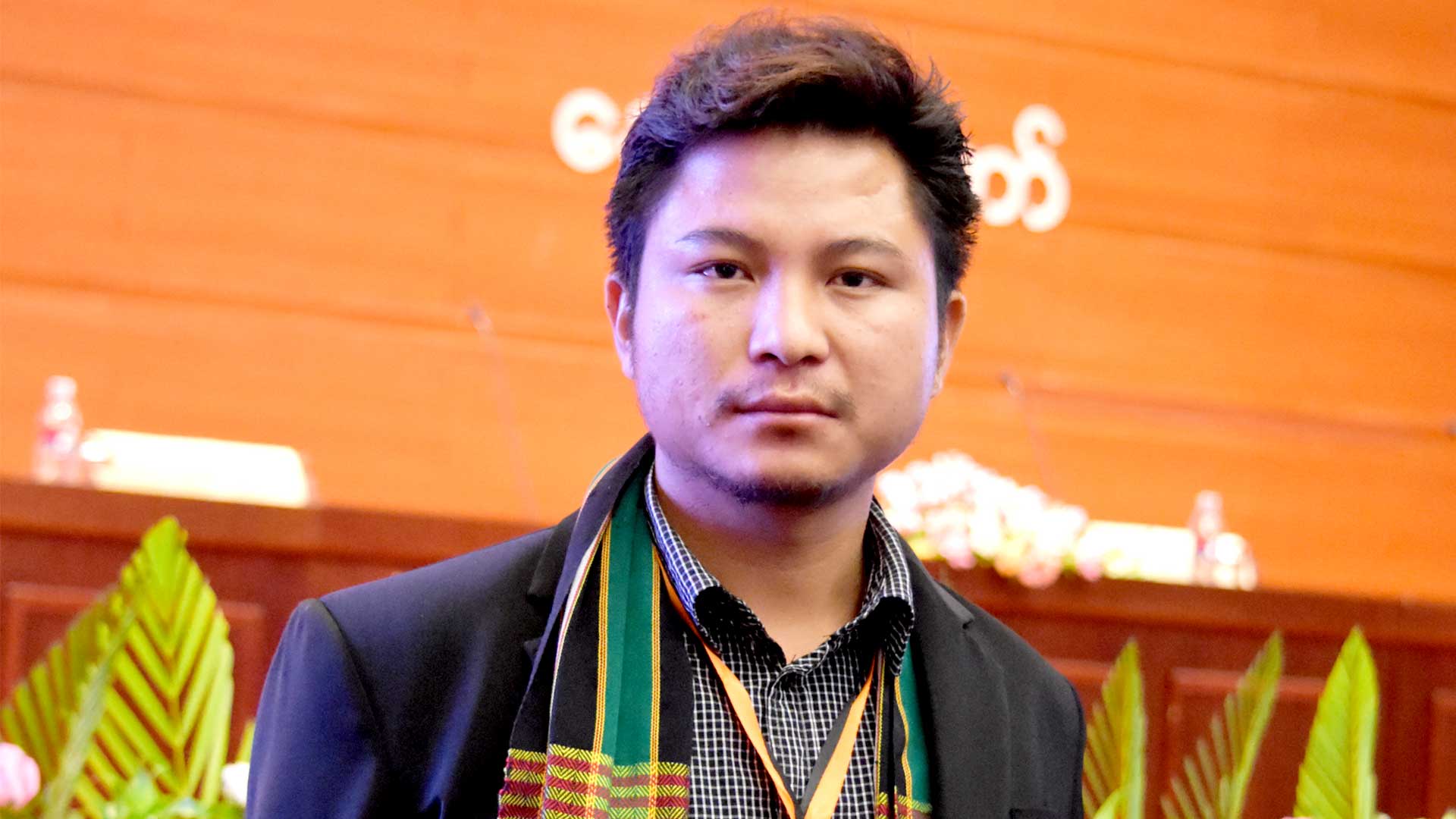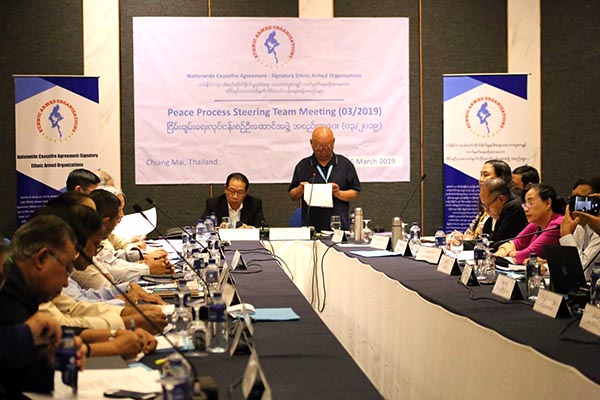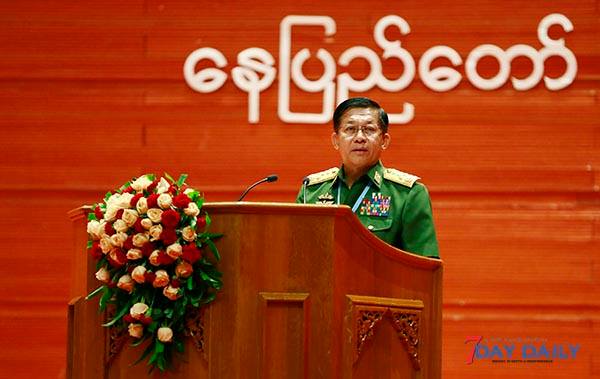Salai Ngun Lian Sang is the Executive Director of the Centre for Development and Ethnic Studies (CDES). CDES is an independent think tank and study centre founded in 2012 to generate ideas on democracy, human rights and federalism as an effective vehicle for ‘peace and reconciliation’ in the Union of Burma/Myanmar. Dr. Annapoorna Ravichander, editor at large for South Asia at On Think Tanks, interviewed Salai Ngun Lian Sang as part of the of the series on South Asian Executive Directors.
Annapoorna Ravichander: Can you tell us a bit about yourself?
Salai Ngun Lian Sang: I am of Chin ethnicity in the multi-ethnic country Myanmar. I was born in 1990, shortly after the 1988 democratic movement that resulted in thousands of civilian deaths and a military coup that led to a centralised military dictatorship in Myanmar. However, I had the chance to grow up different parts of the country as my father was a police officer and we frequently moved from one place to another. I believe this way of growing up made me see things in Myanmar objetively. I studied history at Kalay University in the Sagaing Region of Myanmar from 2007 – 2015. After my studies at Kalay University, I started working at Centre for Development and Ethnic Studies (CDES) and am currently the executive director.
AR: What circumstances led to your appointments as executive director?
SNLS: I started working at CDES as project coordinator in early 2015. The then founder and executive director, and current senior consultant, Dr. Lian H. Sakhong is a man of wisdom and vision. He recruited young, active and intellectual people and trained us to become skillful and industrious individuals in our respective positions, in an effort to contribute to peace and reconciliation in Myanmar. In March 2017 I was appointed executive director. It was the leadership qualities of Dr. Lian H. Sakhong and the team work of CDES that helped me get this role.
AR: How has CDES been active in the policymaking process of the government?
SNLS: From its creation in 2012, the theme of CDES was peace and reconciliation. Until 2015 the activities of CDES were mainly based in the border areas with Thailand, China, and India. These border areas were and still are controlled by Ethnic Armed Organizations (EAOs). The main activities of CDES are research, publications, trainings on federalism. We also conduct advocacy work to inform the international community about the real situation of Myanmar through briefing, analysis and working papers.
In 2015 CDES established its office in Yangon and was registered as a local non-profit organisation in the Ministry of Home Affairs. Until 2017, CDES engaged mainly with EAOs, who are major stakeholders in the current negotiation for peace building in Myanmar. We also conducted workshops and seminars to produce position papers for negotiation with the government and Tatmataw (the Myanmar army).
We are also engaging with multi-stakeholders who are crucial in peace building and state building processes in Myanmar. The research and publications of CDES are distributed to members of parliament (MPs), government officials, Tatmataw officials, political parties and civil society organisations (CSOs). So far, CDES has distributed nearly 300,00 copies of 42 publications across the country.
We also conducting trainings and workshops for MPs, political parties, CSOs and activists in the sub-national levels as a tool for knowledge generation and policy influence.
AR: How do you plan your research agenda? Is it based on the interest of the organisation or on the political demand?
SNLS: The research agenda is planned based on both the interest of the organisation and on political demand. For instance, research on constitution building (which is related to federalism) is designed based on the current political situation, whereas gender equality and federalism are on the mission statement of CDES.
AR: Do you have any specific career growth path for your staff?
SNLS: We have monthly in-house training for all staff in which external experts are invited as resource people. For individual growth, CDES encourages and provides financial support for all staff to attend short-term trainings on specific skills development related to their position. Moreover, certain staff members are recommended and sent to attend international seminars, conferences, trainings and seasonal schools abroad.
AR: What are the key areas or domains that CDES focusses on?
SNLS: CDES focuses on federalism, gender equality, peace building and constitution building.
Original Link - On Think Tank



Comments